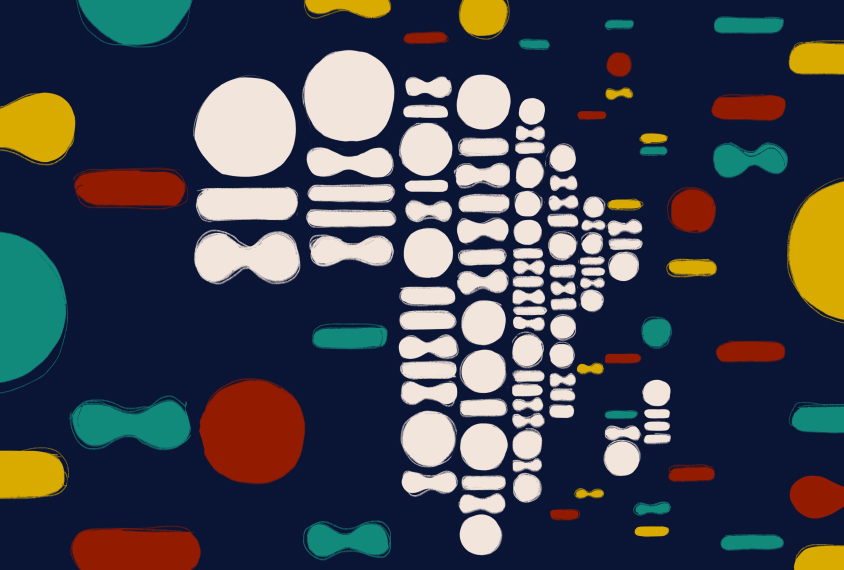Conrad Iyegbe is a postdoctoral research fellow in genetics and genomics sciences at the Icahn School of Medicine at Mount Sinai in New York City.

Conrad Iyegbe
Postdoctoral research fellow
Icahn School of Medicine at Mount Sinai
From this contributor
Africa’s genomic role: Q&A with Conrad Iyegbe and Niran Okewole
Psychiatric genomics promises to shed light on the genetic basis of autism, but it’s vital to include Africa in this research, Iyegbe and Okewole say.

Africa’s genomic role: Q&A with Conrad Iyegbe and Niran Okewole
Explore more from The Transmitter
Shifting neural code powers speech comprehension
Dynamic coding helps explain how the brain processes multiple features of speech—from the smallest units of sounds to full sentences—simultaneously.

Shifting neural code powers speech comprehension
Dynamic coding helps explain how the brain processes multiple features of speech—from the smallest units of sounds to full sentences—simultaneously.
Astrocytes orchestrate oxytocin’s social effects in mice
The cells amplify oxytocin—and may be responsible for sex differences in social behavior, two preprints find.

Astrocytes orchestrate oxytocin’s social effects in mice
The cells amplify oxytocin—and may be responsible for sex differences in social behavior, two preprints find.
Neuro’s ark: Spying on the secret sensory world of ticks
Carola Städele, a self-proclaimed “tick magnet,” studies the arachnids’ sensory neurobiology—in other words, how these tiny parasites zero in on their next meal.

Neuro’s ark: Spying on the secret sensory world of ticks
Carola Städele, a self-proclaimed “tick magnet,” studies the arachnids’ sensory neurobiology—in other words, how these tiny parasites zero in on their next meal.